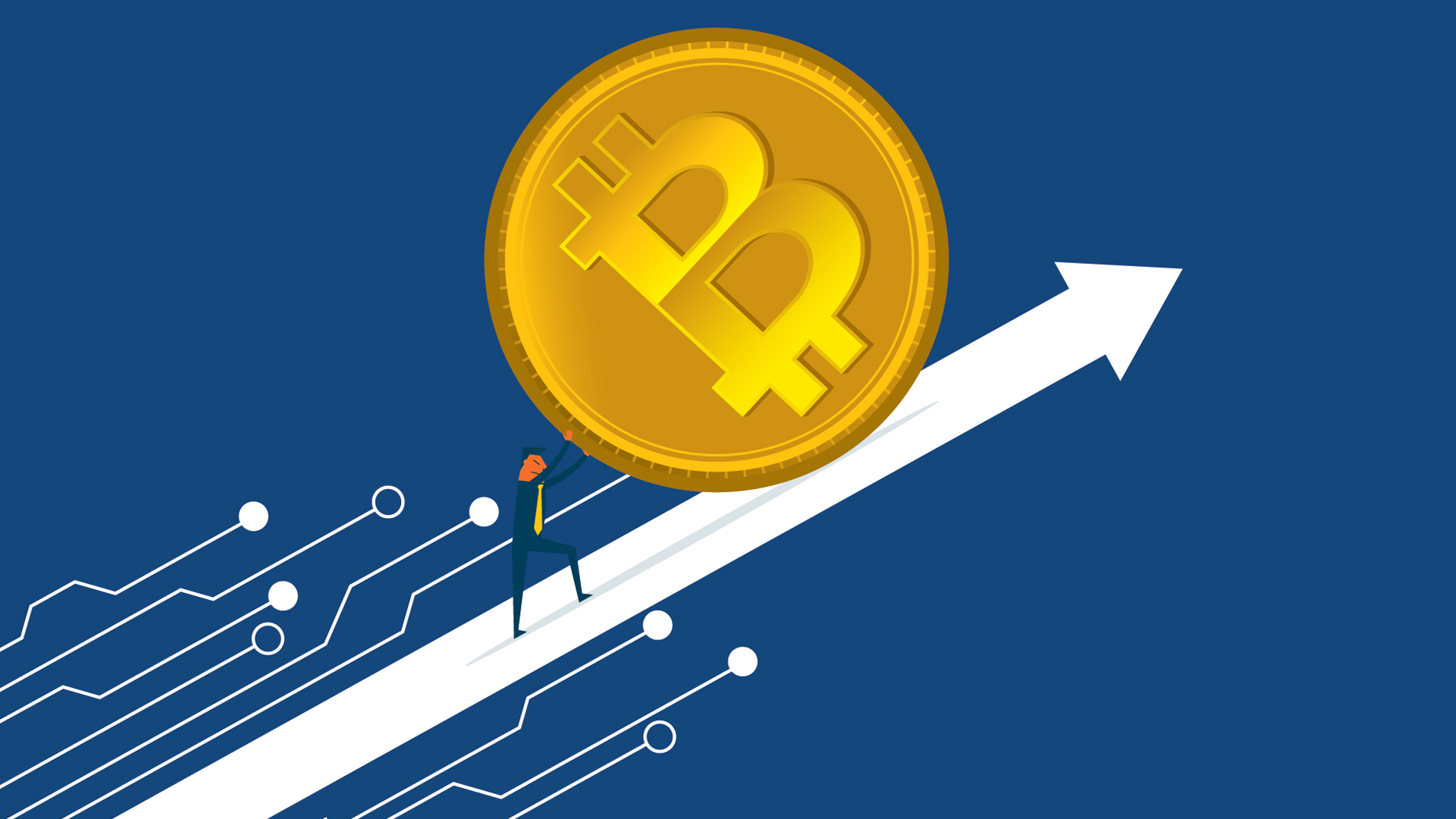The word “blockchain” is popping up more and more every day. Naturally, this raises the question in people’s minds ”What is this blockchain?‘ In this article, we have compiled the most frequently asked questions and their answers for you.
1- What does blockchain technology do?
In today’s world, where the importance of data and information security has significantly increased, blockchain eliminates the costs and risks associated with storing and altering data. Fast and secure access to data, the inability to alter data without adding a new record to the system for correction, and the use of unique identity numbers specific to the blockchain instead of personal information facilitate the tracking of all transaction details. As a decentralized system, it reduces costs and the possibility of hacking in tasks such as data storage. In summary, the benefits include data security and transparency, easy tracking of data, immutability of data, fast access to data, efficiency, automation, and fewer intermediaries.

2- How can blockchain change our lives in the future?
With the inclusion of official institutions in the process, the immutability of the system allows for the rapid completion of tasks that require physical identity declaration, such as passport and ID processes conducted in official institutions, to be done remotely. In sectors like food, tracking the entire process from source to end-user, along with the monitoring of all transactions and the emergence of costs and profit margins, enables more efficient processing of big data and the tracking of the entire supply chain. Blockchain provides transparent and unalterable data, creating possibilities for addressing issues such as inflation, effective agricultural production, cost accounting for companies, and consumers seeing real prices. Additionally, it helps prevent fraud and fraudulent transactions. For example, when buying a car, you can verify if there is any record of damage. With the Internet of Things (IoT), you can see all transactions made in all asset classes and act accordingly. In summary, blockchain opens the way to eliminating information asymmetry-related problems.

3- Is blockchain technology only used for cryptocurrencies?
No, it’s much broader than that. can address various issues such as fraud prevention, from the Internet of Things to data verification and data security. Governments can implement more effective structural policies based on accurate data, avoiding time and resource waste. Companies can manage all activities, from production and sales to services and logistics, more quickly and effectively, while individuals can observe correct pricing behavior in all asset classes in the market. In the simplest terms, you can see where all the ingredients in a restaurant meal were grown, when they were purchased, and their cost. Transparent access to data such as previous owners of a house, renovations made in the house, previous sale prices, and materials used is also possible.

In the financial sector, the functioning of banks and other financial institutions as intermediaries may change due to the lack of mutual trust. These institutions will become service providers with blockchain. Areas such as funding and project financing can be done through peer-to-peer (P2P) platforms. In the healthcare sector, tracking patients and medication, and in the energy sector, automatic billing at electric vehicle stations are examples of areas suitable for blockchain use.
You might like it:Web 3.0 & Blockchain World
4- Which companies in the world use blockchain infrastructure?
To illustrate the widespread use of this technology, let’s mention some global companies that use it.
- Boeing has developed an exclusive air traffic control system using blockchain technology for drone tracking.
- Cargill transitioned to blockchain technology to track turkeys prepared before Thanksgiving.
- Carrefour tracks dozens of product lines, from eggs and salmon to cheese, and plans to increase the number of products to 100, attributing increased sales to this.
- The China Construction Bank established a blockchain-based platform that can identify individuals and institutions in the risky group, offering more attractive rates to less risky customers.
- Credit Suisse established a settlement system that allows customers to buy and sell securities directly with each other through P2P, without the need for intermediaries. Settlement, which used to take 2 days with intermediaries, can now be done instantly.
Examples can be extended, and there is no limit to the application area.

5- What benefits do smart contracts provide via blockchain?
Smart contracts, which enable interaction between two or more stakeholders who do not trust each other and are not familiar with each other, can be defined as digital agreements/programs that must adhere to specific rules running on the blockchain. These rules are predetermined and copied by the entire network, and the contract does not come into effect if the conditions are not met. This allows commitments to be made through blockchain without the need for intermediaries and the establishment of trust.
As it is customizable, there is no limit to the subject area of the agreement. It can be used in various fields, from buying goods and services to financial funding, healthcare services, games, and mobile applications.
This technology already provides speed, trust, and cost reduction automatically. Therefore, factors such as the frequency of use in daily life, user demand, and the success of the project are crucial. Technically, an increase in the number of transactions is expected to correspond to an increase in the number of blocks. This way, it is possible to benefit from all the advantages provided by blockchain technology, including security.
You can present your own thoughts as comments about the topic. Moreover, you can follow us on Telegram and YouTube channels for this kind of news.


